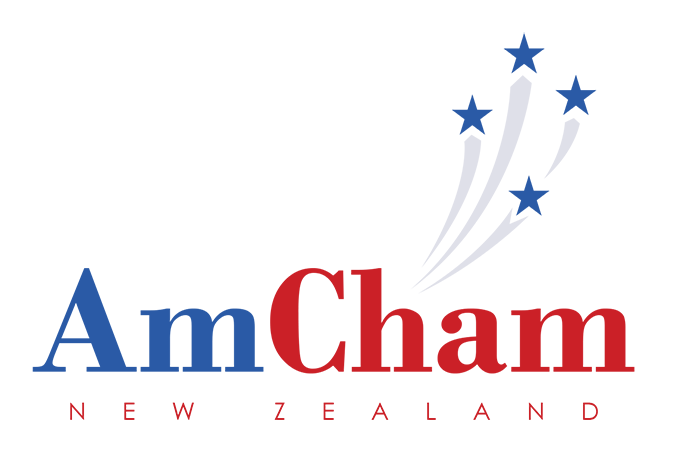A US government agency has given a multimillion-dollar grant to a New Zealand firm as it seeks to hugely expand America's Covid-19 testing capability.
Currently, fewer than 1 million Covid tests are being carried out per day in the US, at a time when experts say up to 30 million per day are required.
The US Department of Health and Human Services' National Institutions of Health (NIH) unit has just awarded US$98 million ($140m) in grants to firms that can supply hardware to boost rapid testing - as part of a wider US$1.5 billion programme to plug the testing gap with various "RADx" (rapid diagnostic) initiatives.
One is the Albany, Auckland-based Ubiquitome - maker of the Liberty16 mobile testing machine - which has received US$2.5m ($3.6m) from NIH after a "Dragon's Den" style process to determine recipients.
Over six months, competing companies have been winnowed down to a handful that have received money for manufacturing.
Ubiquitome is the only company outside the US to secure funding.
Following testing at Massey University, the Liberty16 is good to go for Covid-19 testing, Ubiquitome CEO and chairman Dr Paul Pickering says.
The shoebox-sized, battery-powered Liberty16 can test 16 blood or saliva samples for Covid-19 in 40 minutes, delivering results to its iPhone app.
The 2.5kg gadget is billed as the smallest real-time gadget for polymerase chain reaction (PCR) DNA sample testing
The NIH funds will be used to scale up manufacturing, which will remain in Auckland.
Pickering says he wants to double staff numbers, which he prefers not to give figures for the privately held Ubiquitome (for which LinkedIn lists 17 employees).
The NIH money follows a $528,927 NZ government Covid-19 Innovation Acceleration Fund grant in May for product development, plus a $169,000 grant for the Massey testing (Otago University and ESR have also been involved in early Liberty16 validation and benchmarking projects).
Ubiquitome is in the process of applying for US Federal Drug Administration (FDA) emergency approval for the Liberty16.
Ubiquitome has already sold Liberty16 into research and clinical labs in Japan, the US, Canada, the UK and Germany.
The Auckland company recently inked a sales and distribution deal with the Swiss giant DKSH (DiethelmKellerSiberHegner), which Pickering says is also assisting with medical registration in various countries around the world.
Ubiquitome was founded in 2014. Pickering (a former exec with US medtech Life Technologies) is the largest shareholder with a 43 per cent stake, followed by Otago University's commercialisation arm with a 21 per cent holding. Smaller shareholders include Icehouse Ventures.
The Liberty16 pre-dates Covid. It was developed for point-of-care testing, and earlier garnered media coverage for its ability to analyse samples at a crime scene.
And Pickering says it can be adapted to identify any virus or bacteria, which will continue to keep it relevant once the Covid-19 threat finally passes.
The CEO says there is only "very limited" competition to the Liberty16 in its mobile, on-the-spot testing niche, which he sees as suitable for situations like rapid testing at a border.
Fixed laboratories can handle a much larger volume of testing, faster, but he describes the Liberty16 as disruptive - with thousands of units of the gadget able to collectively carry out more testing, and in more flexible fashion. He compares it to the difference between laptops and mainframes.
Public listing?
Where there are no firm plans for a public listing at this point, Pickering says the stars are starting to align.
"We're aware an IPO window has opened and are investigating," he says.
"The ASX has historically done a good job supporting NZ life science company IPOs but we are also aware of recent efforts by NZX to improve their track record in this regard."
Source: NZ Hearld, By: Chris Keall
